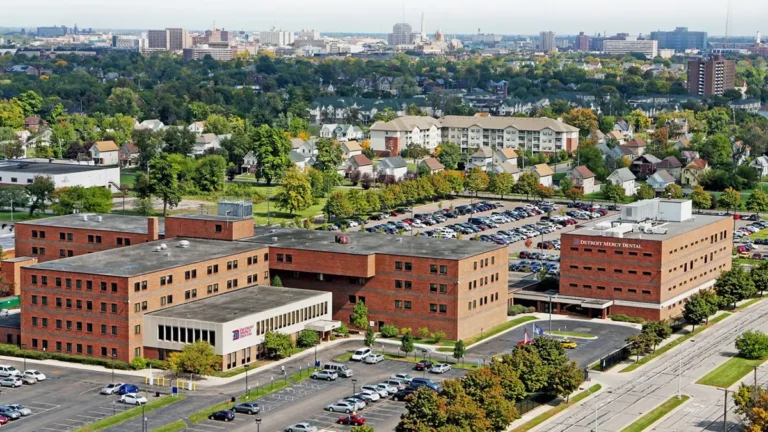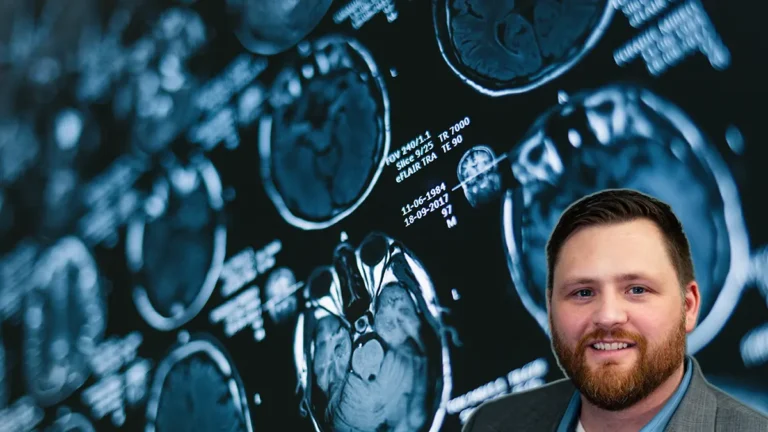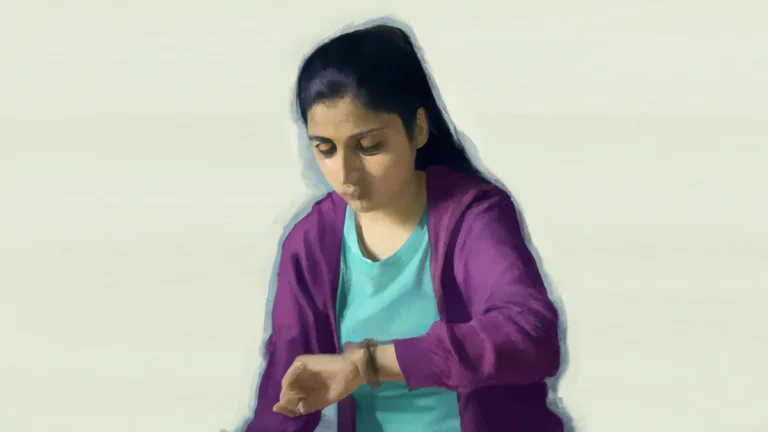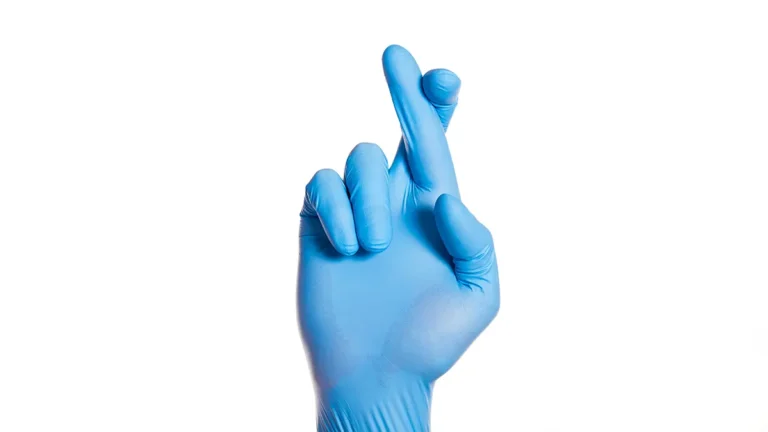
News
As we approach the end of 2022, we wanted to share some of the Student Doctor Network (SDN) highlights from the past year. Best of 2022 Articles The Student Doctor Network publishes articles weekly, and ... Read more
Laura Turner
Published December 22, 2022

Pre-Dental
Dr. Steven Chang (he/him/his) is the Director of Admissions at the University of Detroit Mercy (UDM) School of Dentistry. Tell us about your institution. Dr. Chang: The University of Detroit Mercy School of Dentistry is ... Read more
Emil Chuck, PhD
Updated December 19, 2022 by Emil Chuck, PhD

News
In Part 1, I introduced you to some of the results from the 2022 SJT Experience Survey, sponsored by the Health Professional Student Association. This anonymous survey captured input from 86 respondents who took a ... Read more
Emil Chuck, PhD
Updated May 23, 2023 by Emil Chuck, PhD

News
What are students encountering as they take situational judgment tests? This is the first of two articles summarizing the findings from the 2022 Health Professional Student Association (HPSA) Situational Judgment Test Experience survey. The questions ... Read more
Emil Chuck, PhD
Updated December 11, 2022 by Emil Chuck, PhD

Money
Are you a busy prehealth or health professional student – or are you shopping for one? Then check out our curated list of gift ideas for the future physician, veterinarian, dentist, psychologist, or other prehealth ... Read more
Laura Turner
Updated October 18, 2023 by Laura Turner

Pre-Health
Most rural Americans face significant challenges accessing healthcare. There are major shortages of physicians, dentists, psychologists, and other health professionals in rural locations across the United States. As hospital systems recruit providers to work in ... Read more
Emil Chuck, PhD
Updated November 24, 2022 by Emil Chuck, PhD

Physician Q&A
Dr. Choukalas is an academic anesthesiologist and intensive care physician. He is Co-PI on a study investigating the role of sleep, activity, and physical therapy in postoperative delirium and cognitive dysfunction; consults for medical device ... Read more
Student Doctor Network
Updated November 24, 2022 by Student Doctor Network

Healthcare News and Policy
As a health professions advisor and admissions professional, I have found myself connecting with the frustrations of Middle Eastern/North African (MENA) and Asian-American/Pacific Islander (AAPI) applicants. In the larger discussion of racial equality and equity, ... Read more
Emil Chuck, PhD
Updated November 24, 2022 by Emil Chuck, PhD

Budgeting
Transitioning from medical school to residency marks one of the biggest changes in your medical career. This includes a huge shift financially, from paying student to salaried trainee. While a resident’s salary is much more ... Read more
Dr. Brennan Kruszewski
Updated October 23, 2022 by Dr. Brennan Kruszewski

Pre-Medical
The cost of attending medical school, and other health professional programs, has increased dramatically over the past 20 years, while at the same time, healthcare workforce shortages have increased. The accompanying rise in student debt, ... Read more
Emil Chuck, PhD
Updated October 18, 2023 by Emil Chuck, PhD

Dentist Q&A
Robert Nadeau DDS, MD is in his seventh year at the University of Minnesota School of Dentistry and his tenth year as an educator. Tell us about your professional journey. Dr. Robert Nadeau: My journey ... Read more
Student Doctor Network
Updated September 22, 2022 by Student Doctor Network

Pre-Medical
If you want the unvarnished truth about your medical school chances, Goro is the person to ask. Goro serves on his medical school’s admissions committee and faculty and provides his expertise as an SDN Expert. ... Read more
Student Doctor Network
Updated September 1, 2022 by Student Doctor Network

Pre-Health
I often use the “marathon” metaphor when it comes to the timeline from preparing your application to stepping on-campus as a newly enrolled student, but the race is not continuous. Between the exciting moments of ... Read more
Emil Chuck, PhD
Updated September 8, 2022 by Emil Chuck, PhD

Pre-Health
Undergraduate and post-baccalaureate educational institutions want their students to succeed, so they invest in advising offices for their pre-health students. These pre-health advising offices can consist of one tenured or retired faculty member or a ... Read more
Emil Chuck, PhD
Updated August 25, 2022 by Emil Chuck, PhD

Residency and The Match
NRMP would eliminate the SOAP in favor of a two-phase main residency match The National Resident Matching Program (NRMP) Board of Directors invited public comments on a proposed new residency matching process. The initial match ... Read more
Laura Turner
Updated December 19, 2022 by Laura Turner

Student Loans
There are various ways to help you pay for college, including grants, scholarships, savings, and federal student loans. Federal student loans are designed to cover 100% of the cost of attendance, but in some cases, ... Read more
Student Doctor Network
Updated August 3, 2022 by Student Doctor Network

Medical School
On March 1, 2022, the Liason Committee on Medical Education (LCME) updated the Accreditation Status of California Northstate University College of Medicine (CNUCOM) to “Provisional, on probation.” This announcement follows a reconsideration hearing for CNUCOM ... Read more
Laura Turner
Updated June 22, 2022 by Laura Turner

Medical School
CNUCOM Remains in Provisional Accreditation Status; Reconsideration Hearing Scheduled February 17 On January 31, 2022, California Northstate University College of Medicine (CNUCOM) announced to its students, faculty, and staff that the Liaison Committee on Medical ... Read more
Laura Turner
Updated August 8, 2022 by Laura Turner

Pre-Medical
Premed and other pre-health students have struggled during the COVID-19 pandemic to find and participate in extracurricular activities to support their health professional school applications. However, new extracurricular options have opened up, such as virtual ... Read more
Laura Turner
Updated October 18, 2023 by Laura Turner
















